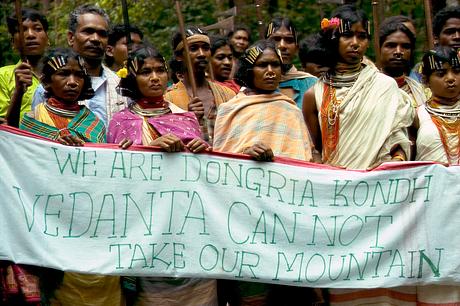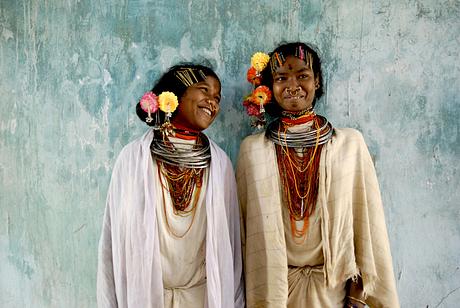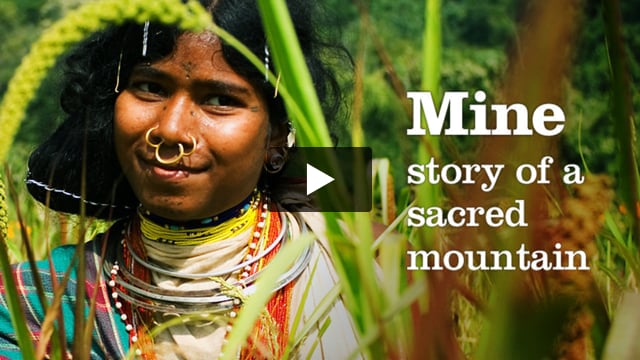Dongria Kondh's sacred hills under threat again
November 19, 2015
 © Survival
© SurvivalThis page was last updated in 2015 and may contain language which is now outdated.
The Dongria Kondh tribe face resuming their fight against plans to mine their sacred hills, as the Odisha state authorities are once again actively promoting a major bauxite mining operation in the Niyamgiri Hills. This is in spite of the project – which would lead to huge environmental damage and destroy tribal communities in the region – having been shelved two years ago following a Supreme Court decision.
Extensive consultations were held with the Dongria who unanimously voted against the mine in a referendum ordered by the Supreme Court. The referendum, which led to the cancellation of the project, followed a local and international outcry. But Odisha state is now moving to revive its plans to mine the hills in order to supply British-owned Vedanta Resources’s nearby aluminium refinery. Such operations have proven disastrous to tribal communities elsewhere in India.
The Dongria Kondh, a tribal people from eastern India, not only depend on the Niyamgiri Hills for their livelihood, but also consider them to be their sacred ancestral homeland, fundamental to their identity and way of life.
Once again the Dongria are speaking out against this threat. Mukuna Sikaka said: “We are not going to allow mining over Niyamgiri at any cost – not for all the developmental efforts of the government.”
Survival International led the international campaign against the mining operation and is now calling for the Indian authorities to keep their promise and respect the wishes of the Dongria Kondh, the people who will be most directly affected by mining on their territory.
Survival’s Director Stephen Corry said today: “The Supreme Court ruling upheld the Dongria Kondh’s right to decide whether mining should go ahead on their land. The Dongria gave a resounding no. Why then is Odisha state proposing to reopen discussions on the future of the mine? It’s time India obeyed the Supreme Court and respected the Dongria’s decision.”




